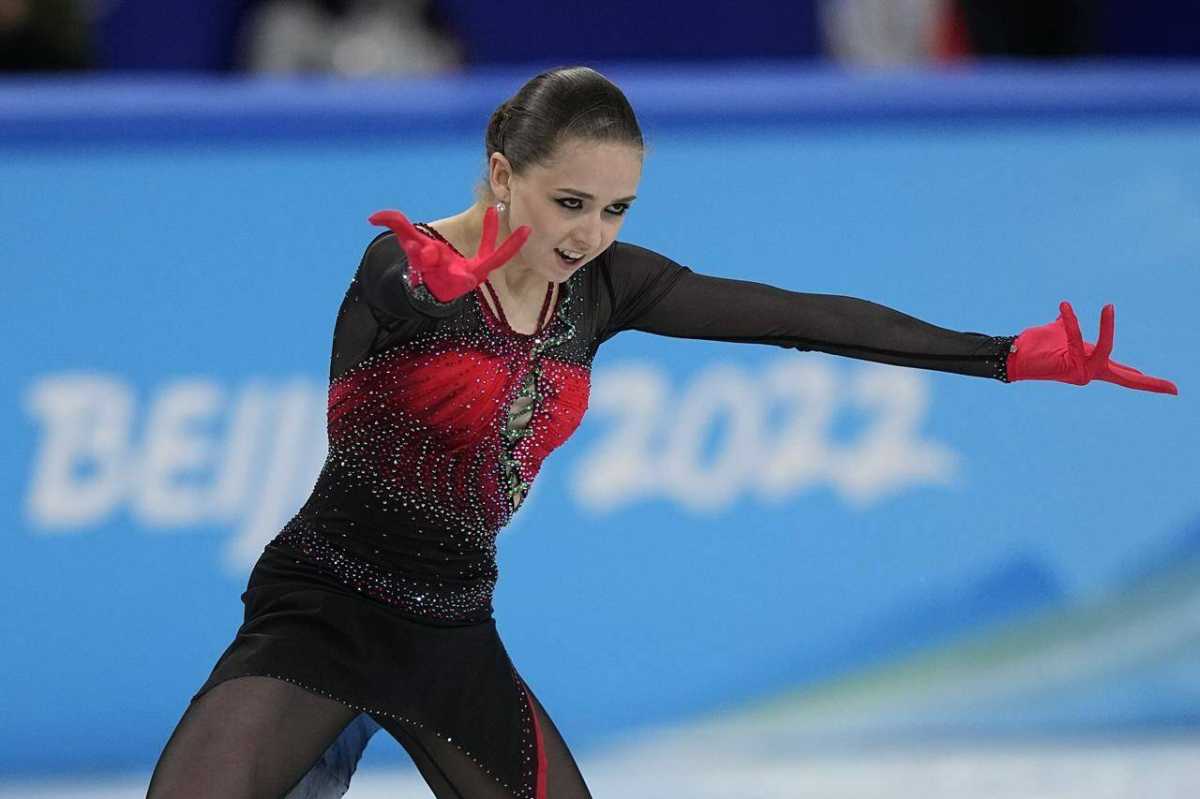Sports
Russian Figure Skater Kamila Valieva Disqualified from Beijing Olympics for Doping

The Russian figure skater Kamila Valieva has been disqualified from the 2022 Winter Olympics in Beijing for doping, announced the Court of Arbitration for Sport (CAS) on Monday. The suspension is retroactive to December 25, 2021, which means that she will be banned from competition for just under two years.
All of Valieva’s competition results from December 25, 2021, onwards will be invalidated, including the revocation of her titles, medals, and prize money, stated the highest jurisdiction in the sports world in a press release.
The Kremlin has denounced the decision as political, with Vladimir Putin’s spokesman, Dmitry Peskov, quoted by Russian news agencies.
The disqualification of Valieva means that Russia will lose its gold medal in the team event in Beijing. As a result, Canada would be promoted to the third place on the podium, behind the United States in first and Japan in second. The International Olympic Committee (IOC) is responsible for the redistribution of medals, and its executive committee is set to meet in March.
This decision highlights the importance of rigorous anti-doping measures and the need for continued vigilance to protect the integrity of figure skating and all sports, stated Skate Canada in a statement regarding the suspension of the Russian athlete.
The IOC had decided not to award any medals in the team event in Beijing, where Valieva, then 15 years old, was one of the star skaters just hours before she tested positive for the banned substance trimetazidine.
The World Anti-Doping Agency (WADA) welcomed Valieva’s disqualification on Monday, stating that doping in children is unforgivable.
Doctors, coaches, or other support staff found guilty of providing performance-enhancing substances to minors should face the full severity of the WADA Code, added WADA, which is headquartered in Montreal.
The case caused scandal in the middle of the Olympic Games due to the long delay between the sample collection by RUSADA on December 25, 2021, and its analysis by the Stockholm laboratory accredited by WADA.
Kamila Valieva still has the option to appeal to the Swiss Federal Tribunal within 30 days, but only on limited legal grounds.
CAS indicated that it had upheld WADA’s challenge to disqualify Valieva from the Olympic Games and suspend her. However, a Russian sports tribunal had previously cleared her of all charges.
Valieva’s lawyers claimed that her system had been contaminated with traces of trimetazidine, a medication used by her grandfather.
After careful analysis of all the evidence presented, the CAS panel concluded that Valieva could not clearly establish, based on the calculation of probabilities and the evidence presented to the panel, that she had not intentionally violated the anti-doping policy.
The judges determined that, under Russian anti-doping rules, Valieva could not escape sanctions as she was a minor at the time of the positive test.
There is nothing in the regulations that differentiate an adult athlete from a minor athlete, stated the court document, which has not yet released a detailed verdict as confidentiality issues are still being resolved.
This case caused chaos at the Olympic Games as Valieva’s sample, which had been collected six weeks earlier at the Russian Figure Skating Championships, was not reported by a Swedish laboratory before the team event on February 7, 2022.
Despite the verdict, Valieva continued to compete at the Olympics after being cleared by a Russian court and a separate CAS panel because she was a minor at the time of the incident.
These distractions led to numerous mistakes in Valieva’s individual programs, despite her being the favorite to win. She ultimately finished in fourth place.
The saga continued off the ice as her coach, Eteri Tutberidze, was heavily criticized by experts in the sport and IOC President Thomas Bach.
Bach stated in Beijing the day after the incident that he was very, very disturbed by the extreme harshness of Valieva’s entourage.
The case was transferred to CAS to challenge a decision by a Russian anti-doping tribunal in late 2022, which found Valieva innocent. This verdict suggested that she would be disqualified from the national championships but would retain her Olympic results and gold medal in the team event.
WADA had asked CAS to impose a four-year suspension on Valieva and disqualify her from the Olympics, while the International Skating Union recommended a two-year suspension and disqualification.












